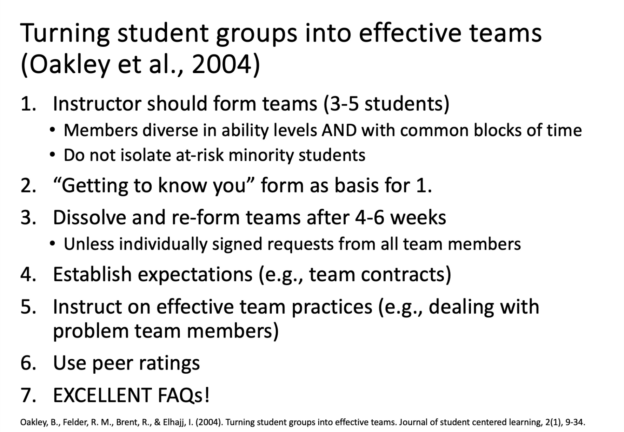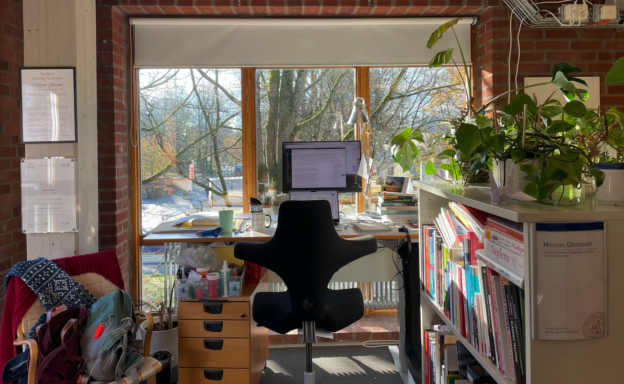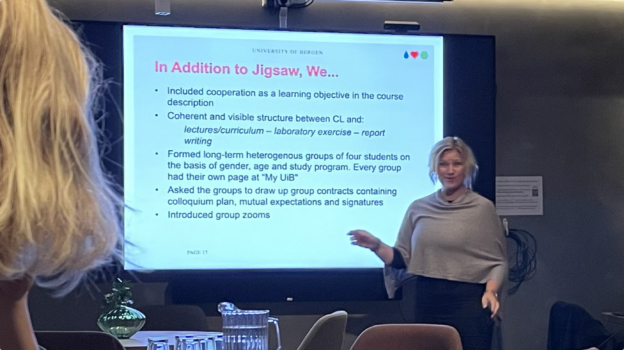Quick summary of this month’s iEarth Journal Club article: Clinton & Smith (2009) focus on how to “make” students take on responsibility in team work through team contracts and peer evaluation, in the context of cooperative learning. My summary below, and the strong recommendation to read what Oakley et al. (2004) have to say about “Turning student groups into effective teams” (see also featured image). That latter article is really one of the most useful articles I have come across over many years of reading, including a great FAQ section, and templates.


